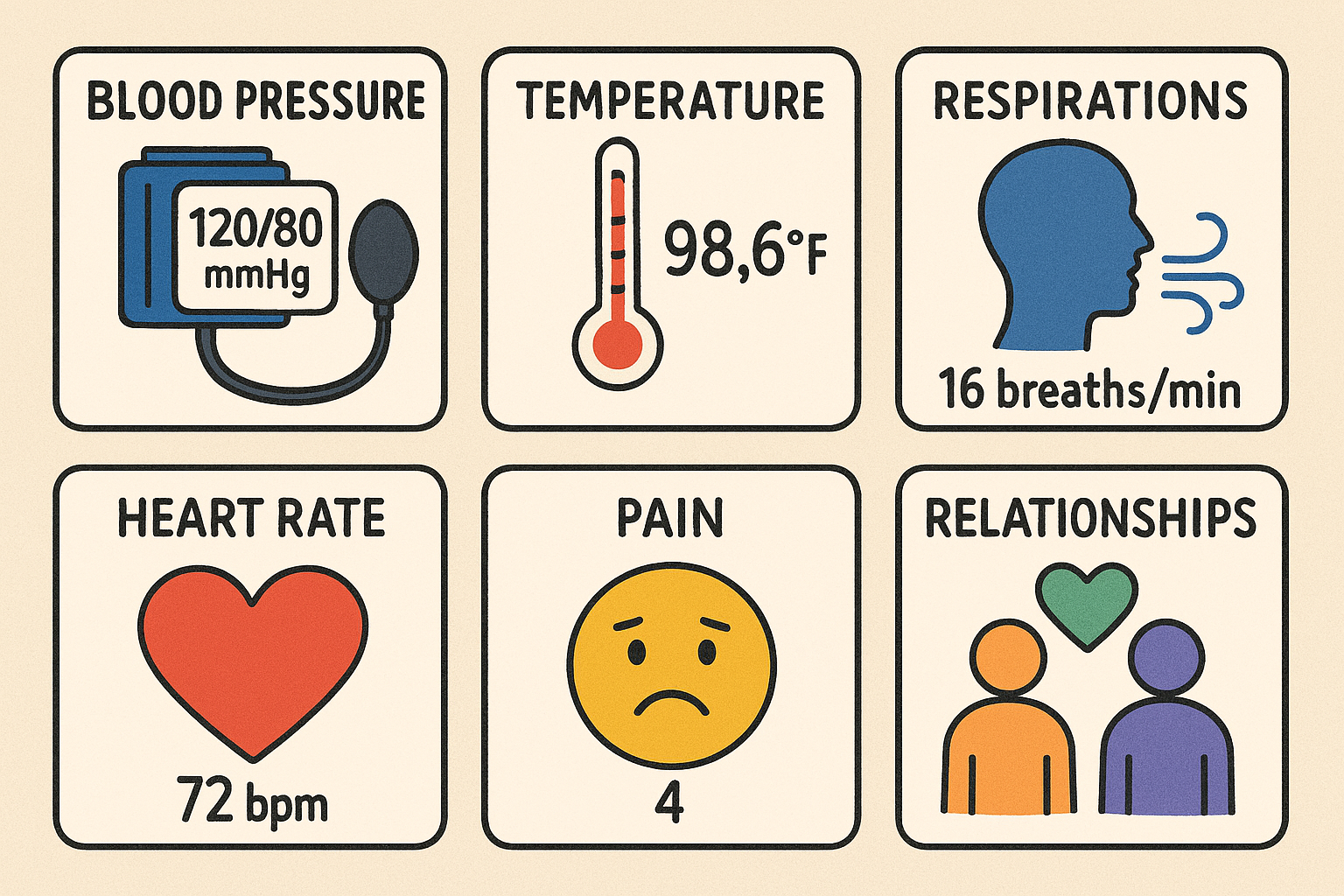
Relational Health: The New Vital Sign for Well-Being
Relational Health: The New Vital Sign for Well-Being
Today, experts are recognizing relationship health as a crucial measure of our overall well-being—right alongside blood pressure, heart rate, and pain levels. Relational health refers to our ability to build and sustain supportive, nurturing connections with others. For youth, adults and families, developing healthy relationships with God, ourselves, and those around us is foundational to a fulfilling life.
Biblical and Psychological Foundations
The Bible teaches that we are called to love God with all our heart, soul, and mind—and to love our neighbors as ourselves (Matthew 22:37-39). This principle underpins both spiritual and relational health.
Psychologists describe a “crisis of connection” in today’s culture, where personal achievement and self-focus often overshadow empathy, trust, and community. As society becomes more individualistic, empathy and trust decline, leading to increased isolation and loneliness.
Building Healthy Relationships: Faith, Self-View, and Connection
How we relate to God, ourselves, and others shapes our experience of the world. Seeing ourselves as loved by God empowers us to love ourselves and extend that love to others. Healthy relationships can form with anyone who invests in us—family, friends, mentors, teachers, coaches, and more. These bonds are essential for young people and families, providing a shield against loneliness, anxiety, and stress.
As Urie Bronfenbrenner, a renowned psychologist, said: “In order to develop normally, a child requires progressively more complex joint activity with one or more adults who have an irrational emotional relationship with the child. Someone’s got to be crazy about that kid. That’s number one. First, last and always.”
Addressing Social Media Misconceptions
Social media often gives the illusion that having more followers or likes means having stronger relationships. While these connections may provide temporary boosts to self-esteem, true relational health depends on the depth, function, and quality of our interactions—not the numbers. Lasting joy comes from nurturing genuine, supportive relationships rather than chasing fleeting digital validation.
The Antidote—Fostering Healthy Relationships
The antidote to loneliness and isolation is building healthy relationships—with God, ourselves, and others. By focusing on quality, function, and structure in our connections, we strengthen our minds, bodies, and spirits. Whether you’re a young person, a parent, mentor or an educator, nurturing these relationships offers lasting peace, joy, and a sense of belonging.
Structure, Function and Quality
The Surgeon General report (2023) notes that the types of social connectiveness are equally important. There are three vital components to social connectivity or relationships with others.
Structure The number of relationships, variety of relationships (e.g., co-worker, friend, family, neighbor), and the frequency of interactions with others.
Function The degree to which others can be relied upon for various needs.
Quality The degree to which relationships and interactions with others are positive, helpful, or satisfying (vs. negative, unhelpful, or unsatisfying).






